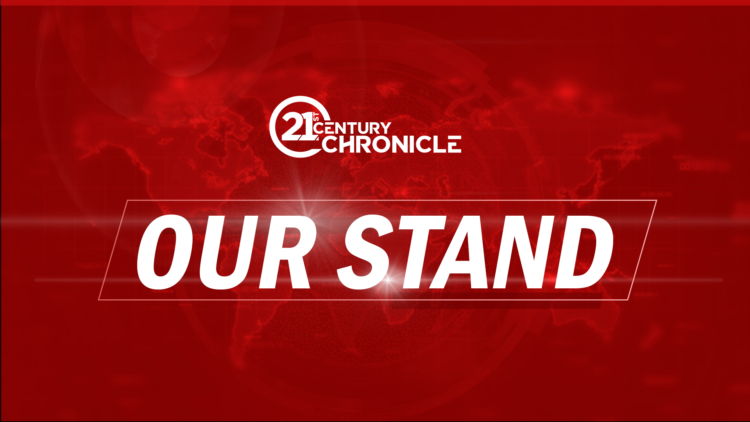As part of the review of the Electoral Act, the Senate on Tuesday, October 12 approved the use of direct primaries for the nomination of candidates of political parties for elections in the country. It followed a review of some of the clauses in sections 52 and 87 of the Electoral Act [Amendment] Bill which was passed by the National Assembly in July.
Section 52 deals with transmission of election results while section 87 has to do with nomination of candidates by political parties. Electoral Act 2010 now under review allows political parties to decide whether to adopt direct or indirect primaries. The amended clause of section 87 (1) by the Senate now reads, “A political party seeking to nominate candidates for elections under this Bill shall hold direct primaries for aspirants to all elective positions, which shall be monitored by the Commission.”
Senate’s position followed an earlier one passed by the House of Representatives, which also approved the same method of nomination of candidates by the parties. There were mixed reactions to the action. Some saw it as a positive step towards ensuring a level playing field for aspirants within the parties and in national elections. This is against the background of our experience where party officials and powerful state functionaries contrive to nominate delegates during party congresses, thereby hijacking the process.
Others however consider it an affront to democracy for Senate to determine for the political parties how to nominate their candidates. The opposition Peoples Democratic Party’s [PDP] spokesman Kola Ologbondiyan said “the provision is aimed at increasing the cost of nomination procedures, thereby surrendering the process to moneybags against the wishes and aspirations of Nigerians.”
Both methods have their merits and demerits. The indirect primary system, now widely in use, has routinely been cornered by powerful government functionaries who choose majority of party delegates who do their bidding at the congresses. This is the source of most of the current intra party issues and parallel congresses in both the ruling All Progressive Congress (APC) and the opposition PDP.
The direct primary option which the Senate has approved is meant to widen the scope of our democratic experience by involving all registered party members in the selection of flagbearers. It however presupposes that political parties have up to date registers of members. It is also more expensive, because voting must be organised in every ward or even polling unit.
Besides, it may not necessarily take care of the problems that we experience in indirect primaries, namely hijacking of the process by godfathers and money bags. On the whole, we think it is better to allow political parties to determine the mode of their primary elections according to their capacity and circumstance, all to be monitored by INEC officials. They should not be forced to adopt direct primaries.









